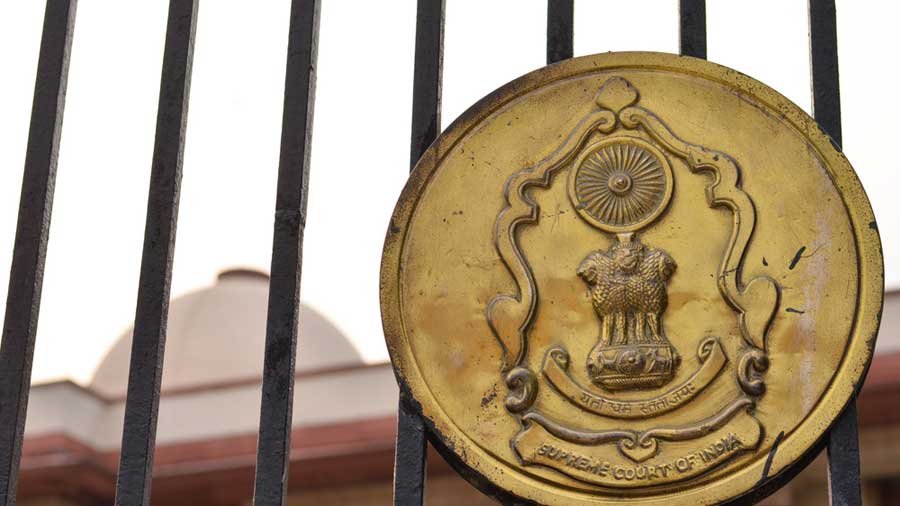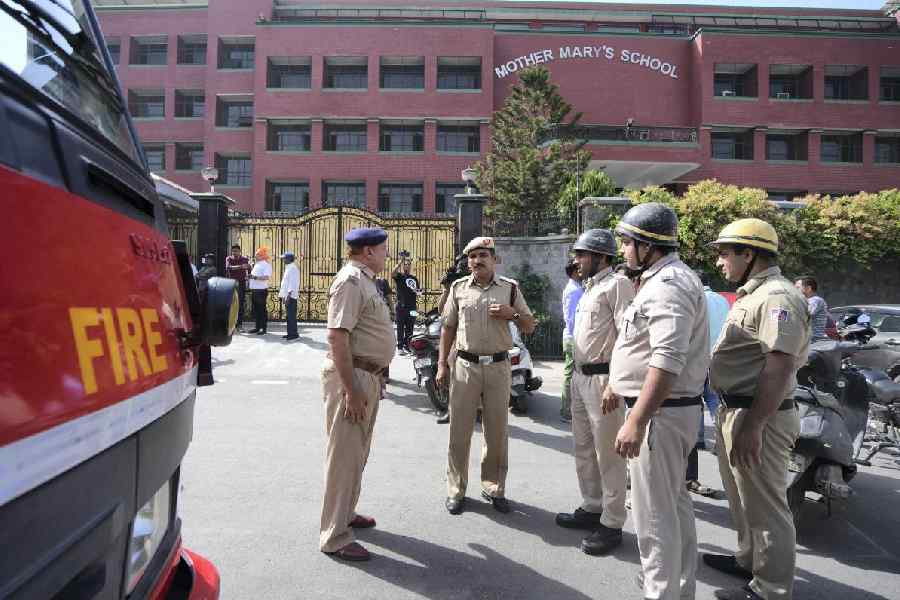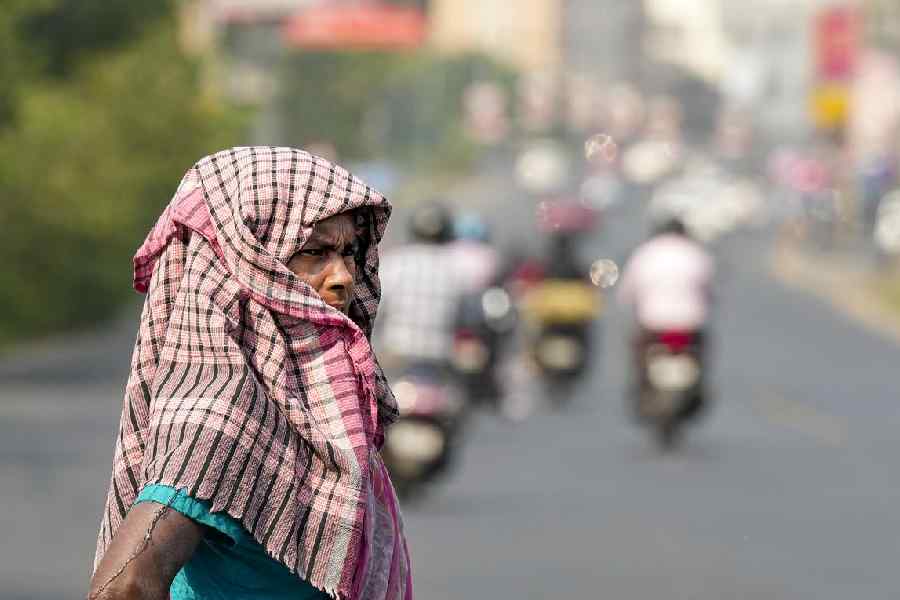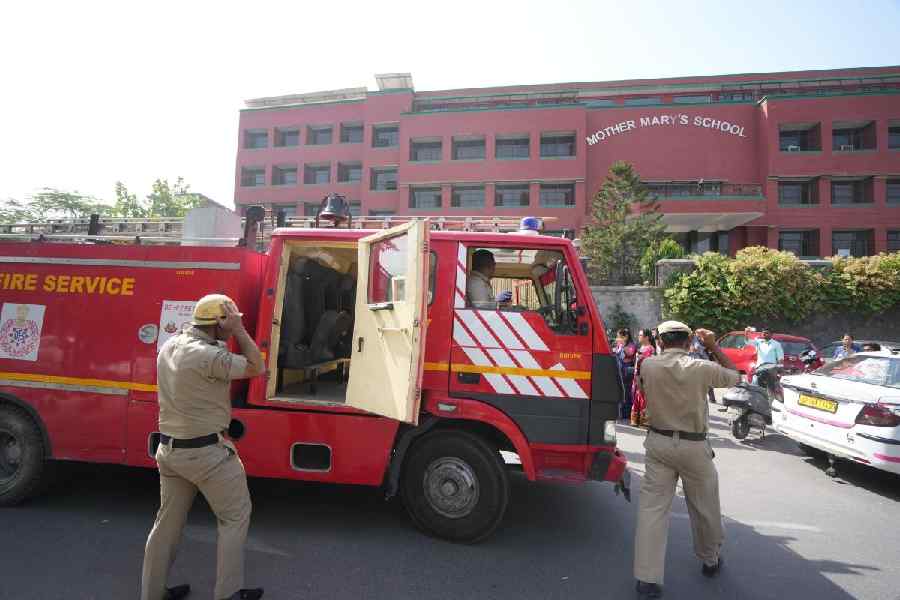The Supreme Court will take up for hearing on Monday over 170 petitions and intervention applications challenging the validity of the Centre’s Citizenship Amendment Act that had triggered protests in several parts of the country.
The matter will be heard on September 12 by a bench of Chief Justice of India U.U. Lalit and Justice S. Ravindra Bhat. The petitions are being taken up after a two-year gap.
The CAA, which seeks to give fast-tracked citizenship to non-Muslims from Pakistan, Bangladesh and Afghanistan, had been severely criticised by civil liberties activists, the Opposition and large sections of common citizens.
Immediately after its enactment, protests had broken out, and a peaceful vigil by women at Delhi’s Shaheen Bagh for over 100 days had attracted attention worldwide.
The Shaheen Bagh vigil was lifted when the pandemic began spreading in the country.
In 2019, the apex court had issued a notice to the Centre on the batch of petitions, but thereafter the matter could not be taken up. It has now got listed for hearing as CJI Lalit has decided to expedite the hearing of all old matters on a priority basis.
Besides challenging the CAA, some of the petitions had questioned the validity of the National Register of Citizens (NRC) and the National Population Register (NPR), the three making up the Centre’s citizenship matrix.
Some of the petitioning organisations are the All Assam Students’ Union, Muslim Students Federation, Assam, and the Tamil Nadu Thowheed Jamath.
The petition filed by the All Assam Students’ Union termed the CAA as unconstitutional on the ground that it accorded citizenship to all illegal migrants who had entered the country on or before December 31, 2014, and that they shall not be treated as illegal migrants for the purposes of the amended Act.
According to the petition, the CAA is in direct contradiction to the Assam Accord of 1985 and Section 6A of the Citizenship Act, 1955, which was inserted in keeping with an agreement and undertaking executed by the Union of India and the state of Assam at the time of signing of the pact.
Under the Assam Accord, illegal migrants who entered the state from Bangladesh up to March 24, 1971, were ultimately required to be granted citizenship of India. Those who came after the cut-off date would have to be deported back to Bangladesh according to the Accord, the petition said while assailing the CAA.
The Centre had on March 17, 2020, filed an affidavit in the Supreme Court pleading that the CAA “does not impinge upon any existing right that may have existed prior to the enactment of the amendment and further, in no manner whatsoever, seeks to affect the legal, democratic or secular rights of any of the Indian citizens”.











